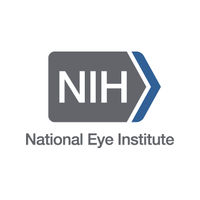PURPOSE:Age-related macular degeneration (AMD) is a chronic progressive central retinal disease. Geographic atrophy (GA) is a late stage of dry AMD (DAMD) and is a slowly but inexorably progressive disease that causes irreversible blindness over time. We aimed to assess various therapeutic strategies for DAMD and GA treatment by network meta-analysis.
METHODS:We searched PubMed, Embase, and the Cochrane Library to identify randomized controlled trials (RCTs) of atrophic AMD treatments published prior to December 16, 2017. Best-corrected visual acuity (BCVA) and change in GA area were evaluated to reflect therapeutic effects. A random-effects network meta-analysis, with a frequentist framework, was used to assess the effectiveness of therapeutic strategies for DAMD treatment.
RESULTS:We included 22 articles that assessed 16 types of regimens and 2482 patients in our meta-analysis. The network meta-analysis results showed that zinc-monocysteine (98.1%) was the most likely to improve BCVA (logMAR), followed by alprostadil (84.0%), eculizumab (70.5%), and rheohemapheresis (67.3%). In BCVA (letters) outcomes, rheohemapheresis (99.6%), lampalizumab (69.5%), and the antioxidant complex (67.9%) showed marked benefits in visual function recovery. Regarding the outcome of GA area change, isopropyl unoprostone (IU) (88.6%) might have the best GA area reduction; however, there was no significant difference between IU and the blank control.
CONCLUSIONS:Zinc-monocysteine and rheohemapheresis showed significantly better effects on BCVA (logMAR) improvement, and compared with the blank control, rheohemapheresis and the antioxidant complex showed better effects on BCVA (letters) improvement. Other treatments have potential effects on DAMD, including alprostadil, eculizumab, and lampalizumab. However, there is no effective treatment for GA area reduction.







